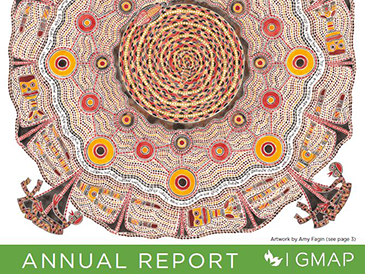Binghamton University, the premier public university in the northeastern United States, established the Institute for Genocide and Mass Atrocity Prevention (I-GMAP) with external donor and institutional support in late 2016. I-GMAP is committed to making Binghamton University a leading actor in the international community of atrocity prevention scholars and practitioners.
Our Mission
The three-fold mission of I-GMAP is:
- to increase understanding, develop commitment, and build capacity for effective prevention of genocide and other mass atrocities;
- to bring all the forces of the University to bear on atrocity prevention, including research, teaching, convening and outreach; and
- to break down barriers and build bridges between academics and practitioners, across multiple disciplines, and among scholars, policy makers and civil society actors.
Why an Institute on Prevention?
Unlike most academic institutes devoted to producing scholarly studies of historical genocides and atrocities or predictive models for future ones, I-GMAP’s work is prevention focused and practical. We see atrocities not as events but as processes, with multiple stages and actors, and multiple opportunities for effective disruption, mitigation, and prevention. Our broad definition of prevention extends beyond conflict management or “mid-stream” intervention approaches, and explores the full range of strategies to identify atrocity risks and sources of social resilience before violence begins, to mitigate harms and motivate peacebuilding where atrocity violence is taking place, and to explore transitional justice approaches designed to rebuild and repair in the aftermath of atrocity. We believe that both the capacity and the responsibility to contribute to atrocity prevention rests not just with state actors, but at all levels of society.
What We Do
I-GMAP oversees curricular, scholarly and convening activities including:
- The world's first and only graduate degree of its kind, the professional Master of Science in Genocide and Mass Atrocity Prevention (GMAP);
- An interdisciplinary undergraduate minor with funded internship awards;
- An interdisciplinary graduate certificate;
- Hosting of post-doctoral fellows to advance research and teaching in GMAP;
- Implementing the Charles E. Scheidt Faculty Fellows in Atrocity Prevention program;
- Hosting of resident practitioners and visiting practitioners to share their insights on challenges and successes of work in GMAP;
- Organizing an annual Frontiers of Prevention conference with scholars and practitioners from around the world; and
- Developing partnerships with NGOs and universities to promote atrocity prevention.

